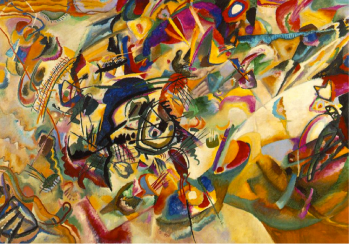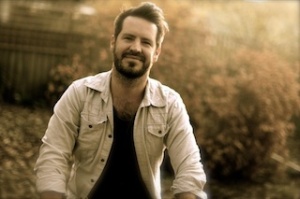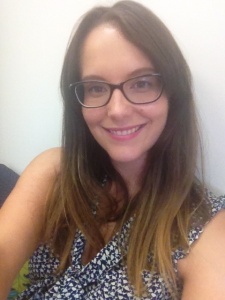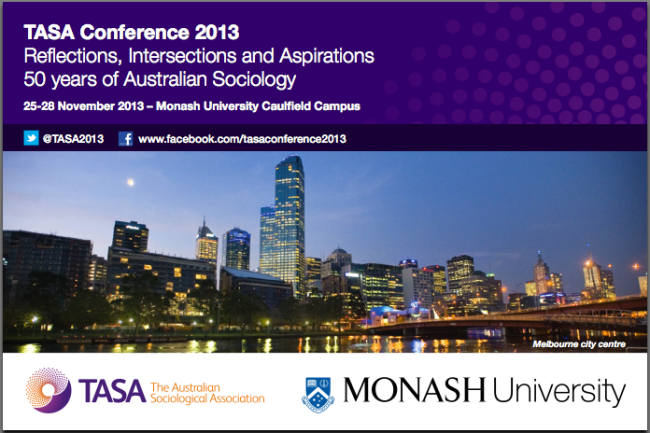 (Image: Wassily Kandinsky, Composition VII)
(Image: Wassily Kandinsky, Composition VII)
‘Cultural Sociology Today’ Symposium
Organised by the TASA Cultural Sociology Thematic Group
and the Thesis Eleven Centre for Cultural Sociology
Supported by La Trobe University
Department of Sociology and Anthropology
Speakers:
Peter Beilharz, John Carroll, Barbara Evers, Margaret Gibson, Sara James, Brad West, Gary Wickham, Rae Wilding
Venue: La Trobe University, Collins St City Campus
Date: 25 November 2013, 10am – 4pm
Culture connects and inspires individuals through shared patterns of meaning, myths, rituals and representations and shapes institutions and histories. It is neither an abstract ideology nor a tangible social structure. It is intimately entwined in the shaping of social life and human action, and simultaneously emerges from them. Cultural sociology recognises and studies the autonomy of culture, the textuality of social life and the establishment of specific (semiotic) mechanisms through which culture does its work.
This one-day symposium engages with recent developments in cultural sociology. It is hosted by the La Trobe University Department of Sociology and Anthropology and will feature the work of members of the department (including Peter Beilharz, John Carroll, Rae Wilding and Sara James), and cultural sociologists from around Australia: Barbara Evers (Murdoch University), Margaret Gibson (Griffith University), Brad West (Uni SA), Gary Wickham (Murdoch University). Additionally, La Trobe cultural sociology postgraduate students will present their most recent work in the field (Harry Paternoster, Lana Chung, Marcus Maloney, Scott Doidge).
There will be ample opportunity for networking and developing ideas for collaborative work with presenters and attendees. The event will be free of charge, however please note that it will be self-catered.
Please email t.sauter@qut.edu.au to register your interest in attending.
Click to access PDF version of ‘Cultural Sociology Today’ Symposium flyer






